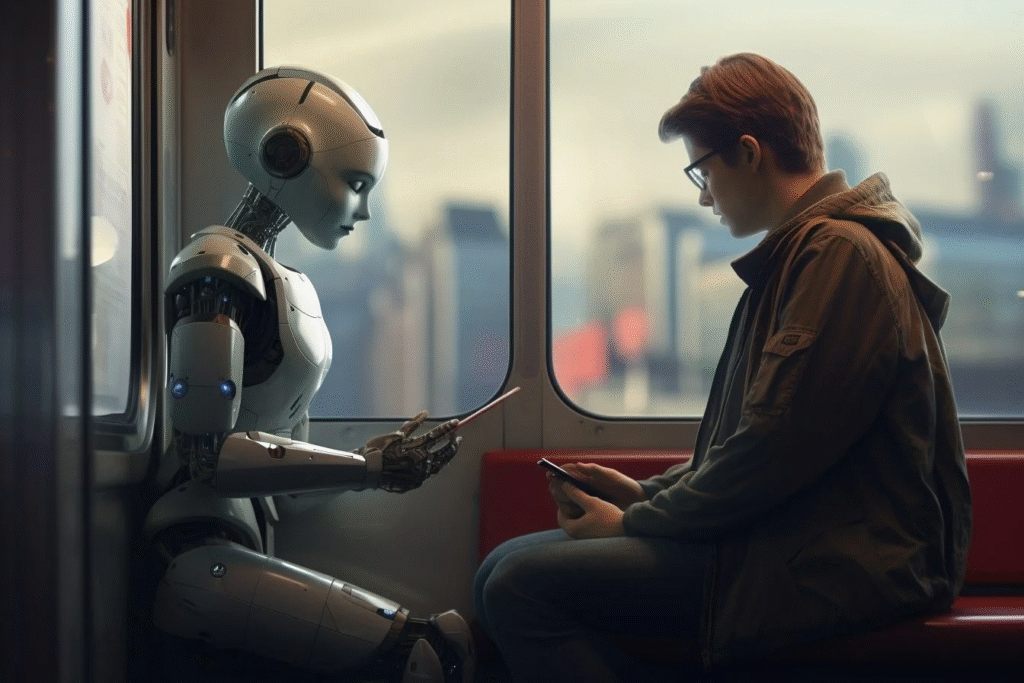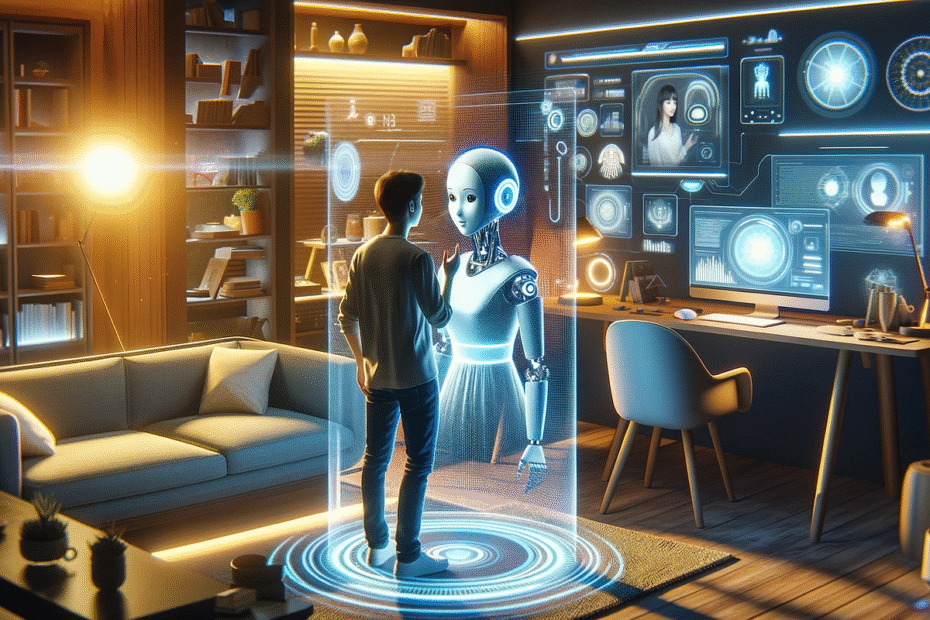Most of them engage with AI for socialization, curiosity, and even for practicing various skills.
Key Takeaways
- 72% of U.S. teens aged 13 to 17 have tried AI companions.
- 52% of them are matched with some who chat with them daily.
- Teenagers employ AI chatbots for various forms of entertainment, advice, and emotional support.
- 1 in 3 claims AI chats are more satisfying than talking to actual friends.
- 80% prefer to hang out with actual humans over AI.
- Published by Common Sense Media and NORC at the University of Chicago.
What Are AI Companions?

- AI companions are chatbots that are created for personal conversations.
- They are distinct from services like Siri or Google assistant.
- These bots are created to have conversations and offer friendship, support, or even role-play interactions.
- Some popular platforms include Character.AI, Replika, and ChatGPT, and Claude.
While some AI focuses on tasks like image generation or homework help, companions strive to be more human.
The Study: Teens and AI Companionship
Reports like this from Common Sense Media reveal concerning trends where teenagers are often engaging with AI.
The researchers surveyed 1,060 teens aged 13 to 17 across the US in the period of April to May 2025.
Here’s what they discovered:
Usage Stats
- 72% of teens have tried out an AI companion.
- 52% use them on a regular basis.
- 13% chat with them daily.
- 21% engage with them a few times a week.
- Boys (31%) were slightly more likely than girls (25%) to say they had never used one.
Why Do Teens Use AI Companions
AI tools are not used merely for entertainment.
There are several personal and social reasons why they use AI tools.
Most Important Uses
Entertainment – 30%
Curiosity about AI – 28%
Advice – 18%
Always available – 17%
Social interaction/relationships – 33%
Almost half (46%) said they believe these bots are merely tools or programs.
But some do not. Others view these bots more like friends or advisors.
Do Teens Trust AI Companions?
Not fully.
- 50% don’t have confidence in the data given by AI chatbots.
- Older teens (15-17) are more skeptical than younger teens (13-14).
- Only 20% of older teens do not trust AI advice.
- This stands in contrast to 27% of younger teens.
Are AI Conversations Better Than Real Ones?
The answer is not clear.
- 1 in 3 teens said they found discussions with AI more satisfying than those with real friends.
- But 67% still preferred real-life interactions.
This indicates that AI does provide a safe space, but does not take the place of human contact.
Practicing Real-Life Skills With AI
A lot of teens use AI to work on their social skills and practice conversations.
What Teens Practice With AI
- Social skills – 39%
- Conversation starters – 18%
- Giving advice – 14%
- Expressing emotions – 13%
After practicing, teens use the skills to navigate social situations, which suggests that some AI tools might be helping social development instead of hindering it.
Does AI Replace Real Friends?

Not exactly.
80% of teens who use AI companions report they actually spend more time with real friends.
Only 6% said they spend more time with AI chatbots than with real humans.
That is definitely good news because, at least for now, it shows that technology has not fully replaced social connections.
Why This Matters
This new trend shows that the technology has started to blend with the social life of teens.
AI, whether for help, support, or even entertainment, is starting to play a role in the way teens navigate their emotions and friendships.
This, however, raises concerns regarding:
- Emotional safety
- Excessive dependence on technology
- Data privacy for minors
One of the concerns is that the company Character.AI might be legally liable for matters associated with AI chatbots and their interaction with underage users.
Final Thoughts
AI companions are a new development that teens are eager to explore.
Some use them as tools, while others use them as practice partners or virtual friends.
Though most teenagers still mostly like to hang out in person, the divide between face-to-face socializing and online interaction is beginning to fade.
This is something that worries parents, teachers, and even technology developers.
As with the rest of the world, parents and educators will have to adapt to the ever-evolving needs of children. Smart strategies and responsible tech building that prioritizes safety will be especially important as AI evolves alongside kids who will have known technology their entire lives.
